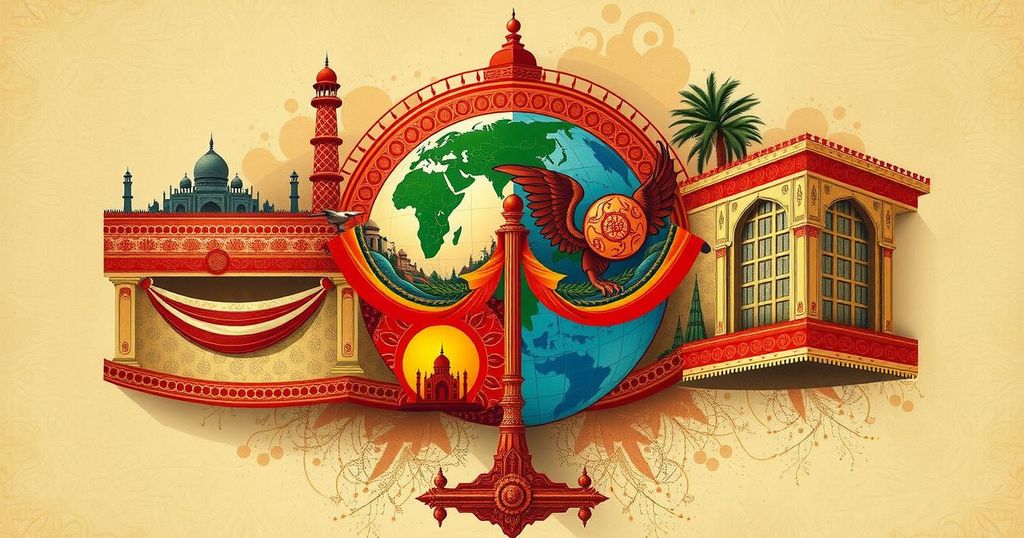Understanding Indian Perspectives on the Russia-Ukraine Conflict
The article explores Indian public opinion on the Russia-Ukraine war, revealing complex perspectives shaped by education, media exposure, and urban demographics. Survey results indicate 27% view Russian actions as necessary, while 34% see them as unjustified, and many remain unaware of the issue. The findings highlight the importance of education and socio-economic factors in shaping public discourse on international affairs in India.
The ongoing Russia-Ukraine war has notably reshaped global geopolitics, and as it approaches four years, understanding Indian public sentiment towards Russia’s actions is essential. Survey data reveals a complex landscape, with 27% of respondents considering Russia’s actions necessary, while 34% deem them unjustified. Additionally, 23% were unaware of the issue, indicating a significant gap in knowledge regarding international affairs, and 16% chose not to express an opinion. Collectively, these statistics illustrate the varied and intricate perspectives within India regarding the conflict.
Educational background plays a crucial role in informing opinions on the Russia-Ukraine war. Among individuals with limited or no formal education, 42% were uninformed about the issue, and only 19% regarded Russia’s actions as unjustified. Conversely, respondents with intermediate education showed a closer division in opinion, with 27% believing Russia’s actions necessary and an equal percentage unaware of the war’s context. In stark contrast, among college-educated participants, 41% criticized Russia’s actions, reflecting higher awareness and engagement with international matters in this demographic.
The level of exposure to Western media also significantly influences Indian perspectives on the conflict. Individuals lacking exposure to Western entertainment were more likely to be unaware of the conflict or refrain from expressing an opinion. In contrast, moderate exposure led to more defined views, with 44% perceiving Russia’s actions as unjustified. Those with high exposure were split, with 39% viewing actions as necessary and 37% as unjustified, suggesting a relationship between media exposure and public opinion formation regarding the war.
The respondents’ opinions varied across cities of different sizes, with those from smaller cities being particularly critical of Russia’s actions—41% viewing them as unjustified. In mid-sized cities, 31% felt the same, while 31% of respondents from large cities considered Russia’s actions justified. The data indicates a noticeable distribution of opinions across urban environments, suggesting that the diverse information ecosystems in various locales contribute to distinct public discourses regarding international issues.
In summary, the analysis highlights the intricate nature of Indian public opinion on the Russia-Ukraine conflict. Various socio-economic and cultural factors exert considerable influence, reflecting a spectrum of perspectives within society. Ultimately, this emphasizes the need for ongoing discourse and education regarding global affairs in India, especially in light of changing geopolitical dynamics.
The examination of Indian public opinion on the Russia-Ukraine war underscores a multifaceted and nuanced view shaped by education, exposure to Western media, and urban demographics. A substantial portion remains unaware of the conflict, pointing towards a critical need for increased awareness and education on international issues. Findings indicate that public sentiment is divided, revealing the complexity of opinions influenced by socio-economic and cultural factors. Understanding these dynamics is vital as global geopolitics continues to evolve.
Original Source: www.thehindu.com




Post Comment